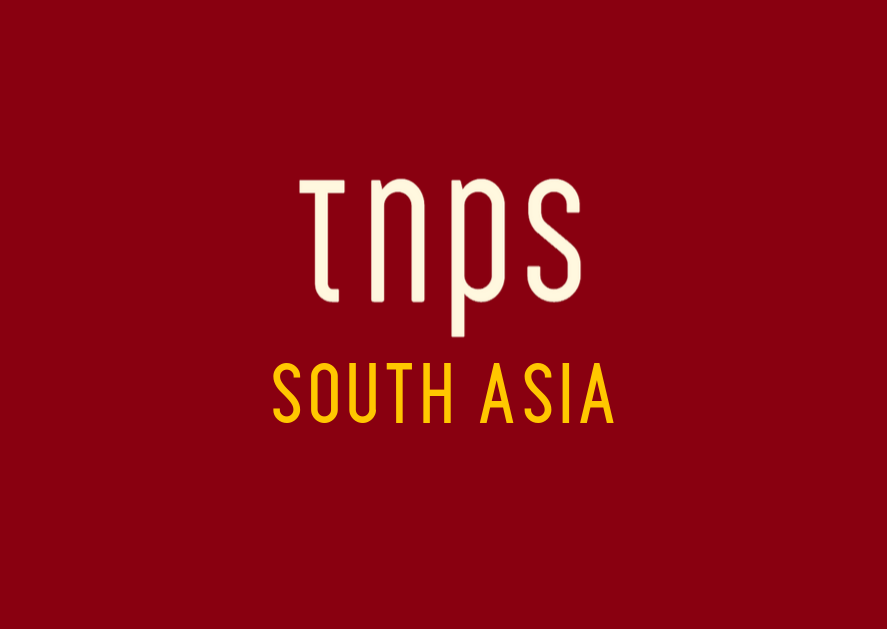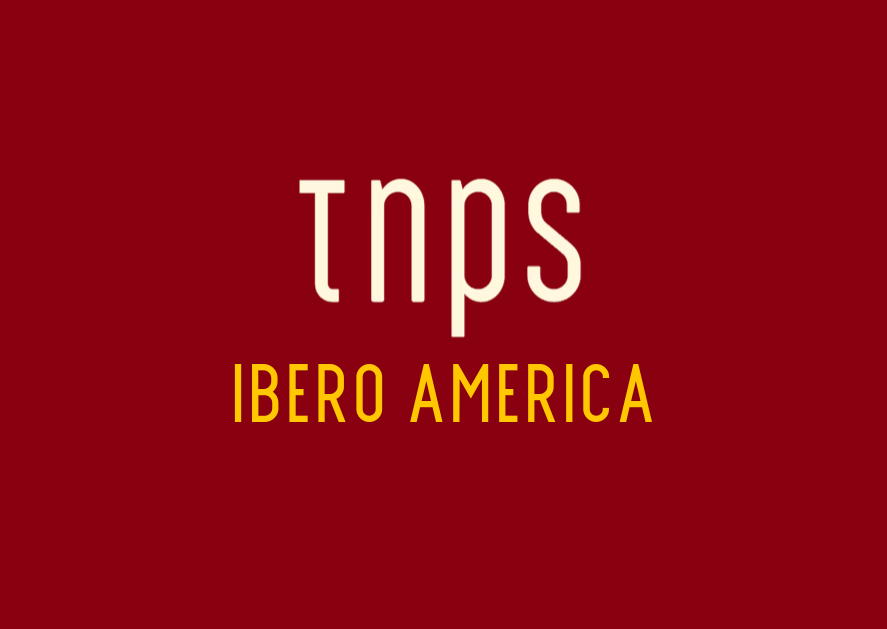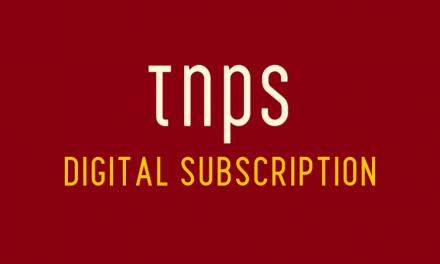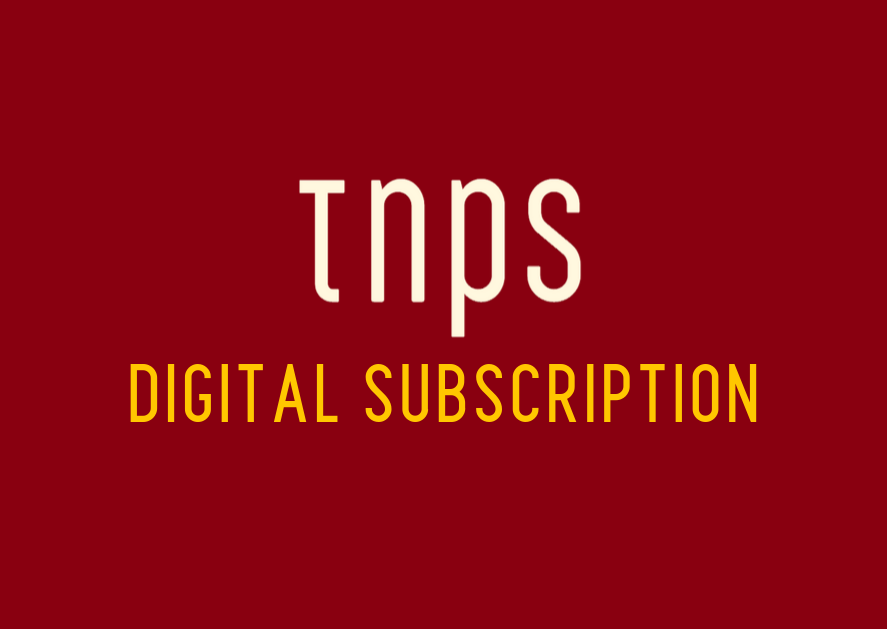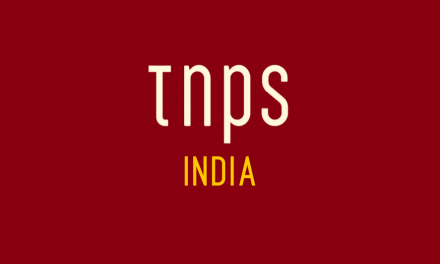“We are not sure what a virtual book fair is, but it will definitely spell trouble.”
It will be virtual. It will never be virtual. It will run on schedule. It will be delayed. It will run shorter hours. It will run extended hours. It will be closed by lockdown. It will be exempt from lockdown.
What a mess! The usually majestic Amar Ekushey Boi Mela, the largest cultural event in Bangladesh that normally runs the entire month of February, has descended into farce this year, and with still almost ten days to go it’s anyone’s guess if the event will stay the course.
But what is clear is that footfall and spending is disastrously down as booklovers play safe and stay safe by staying away amid daily rising Covid-19 numbers that have put most of the country into yet another lockdown.
How the Boi Mela came to be exempted is a matter for domestic pundits with a better eye on the politics of the nation – the final decision came from the Ministry of Cultural Affairs – but what is clear to all is that no-one is happy.
Having previously twice reduced opening hours, the new opening hours offer a glimmer of hope for publishers who have put their faith in the Boi Mela delivering the bulk of their annual revenue ($9.7 million in 2020), but only a glimmer.
With the nation under yet another lockdown, with public transport shuttered, but the Boi Mela somehow exempted, the big question is how, let alone if, anyone can actually attend. We’ll find that out this coming week.
Per New Age BD, Farid Ahmed, President of the Academic and Creative Publisher’s Association of Bangladesh (ACPAB) complained:
The outcome of the fair would be very bad as the new schedule increases our cost. We have to manage the lunch for our staffs.
While senior vice president of the ACPAB Milan Kanti Nath said,
The decision is frustrating for us as the people would not be able to come at the fair due to excessive heat and absence of mass transport.
The heat of course being the price paid for delaying the event. The transport issue will hit consumers and publisher attendees alike.
While the Bangla Academy has been getting the blame for the problems, Director General Habibullah Siraji made clear to the Bangla Tribune the blame lay elsewhere.
On one day, publishers will say that the book fair should be open, on another day, they will demand something else. We didn’t want a book fair at all during Covid-19. The publishers forced us to arrange it this year. That’s why we tried with our heart and soul to arrange the fair but now if they sing a different song, then we can’t help it.
The Bangla Academy famously proposed, back in December, that the 2021 Boi Mela be a virtual event. Publishers’ organisations quickly shot down that proposal.
The Amar Ekushey Boi Mela will be held virtually in February,
ran the headline in the Daily Star in December.
The Bangla Academy had initially invited publishers to express intent back in September, and 500 publishers had done so. But by December that number was down to 120, driving the Bangla Academy decision to go virtual.
But literally just 24 hours later the same newspaper ran the headline:
Virtual book fair plan scrapped.
That after ACPAB and the Bangladesh Publishers and Booksellers’ Association (BPBA) met with the Academy and told them in no uncertain terms they wanted nothing to do with a digital event. A joint statement by ACPAB and the BPBA said:
We were surprised to learn that the Bangla Academy had unilaterally decided to suspend preparations for the book fair 50 days before the scheduled date. A virtual book fair can never be an alternative to our historic tradition.
Among the publishers backing that stance was Dibya Prakash who wrote on Facebook,
We are not sure what a virtual book fair is, but it will definitely spell trouble. We have invested so much money, so many books have been published and printed. How will our publishing house survive the coming year?
And yes, he really did say “We are not sure what a virtual book fair is, but it will definitely spell trouble.”
Well, definitely, of course! How could it not spell trouble if we don’t know what it is?
So the plans proceeded for an in-person event despite clear evidence the country was not ready for such a move, and now publishers who put their trust in the two publishers associations are paying the price.
ACPAB executive director Khandaker Sohel pivoted his stance as reality hit home with the lockdown exemption even as people were being told to stay at home.
It would have been logical to shut the fair down since public transportation is going to be suspended and people are being told to stay home.
ACPAB President Farid Ahmed said lamely,
I don’t want to say anything at the moment because the Covid-19 situation has become unpredictable. It is hard to say what is the right thing to do.
Sitting on the fence after the event is of course a great way of not taking responsibility, but responsibility is exactly what the ACPAB and the BPBA need to be taking right now.
Because the few publishers that had put efforts into the digital space and creating safety net were reaping the rewards, as per this headline in the Business Post:
Online platforms surpass sales at Ekushey Book Fair.
Explained the Post:
Booklovers now prefer to get books at their doorsteps, especially after the spread of COVID-19, publishers are now banking on online marketplaces instead of traditional marketing chain.
A number of publishers said that their online sales surpassed the sales at their stalls at the Amar Ekushey Book Fair.
The Post notes there are now over 25 online platforms for books, including rokomari.com, bookshopbd.com, bdonlinebazar.com, boibazar.com, eboighar.com, boionlinebd.com and the regional equivalent of Amazon, Daraz which is also selling books at the growing market demand.
Publishers signed agreement with the online platforms and also launched their own platforms to sell their publications.
Publishers and book sellers said that book sales on online platforms were increasing despite the Amar Ekushey Book Fair was going on.
The Post quoted Amin Khan, MD of publisher Akkhar Prokashani as saying,
People now prefer to buy books online. Now we are getting more orders.
Sentiments that were echoed by SM Younus, marketing officer at Katha Prokash:
We prefer to sell books online considering the present situation and customers also like it. Our sales are much better online.
Tonmoy Saha, salesperson at Anyaprokash, said:
Customers now get their book faster and easily from different online stores. And this is another reason for increasing the sales online.
Genius Publications MD Habibur Rahman, also reported that their online sales were higher than the sales at the Boi Mela stall.
Tarek Haider of Pathak Shamabesh Centre, said,
We are selling our books in online through our website, facebook page and also using our own app. We take our online activities seriously after the pandemic began.
To round off this post, two more examples from publishers who didn’t share the luddite tendencies of the ACPAB and BPBA:
Imran Hossain Roni, marketing officer at rokomari.com, told the Business Post an average 30%-40% of buyers were ordering books online and very few readers were interested to buy books from the book fair.
While Robin Ahsan, owner of boionlinebd.com and publisher of Shraban Prakashani, told Business Post they were selling books of more than 100 publishing houses and getting more orders from buyers.
The Bangladesh Publishers and Booksellers’ Association and the Academic and Creative Publisher’s Association of Bangladesh would do well to take heed of what publishers are doing on their own, embracing a hybrid print and digital future, while the umbrella organisations entrusted with protecting their interests bury their heads in the sand.

